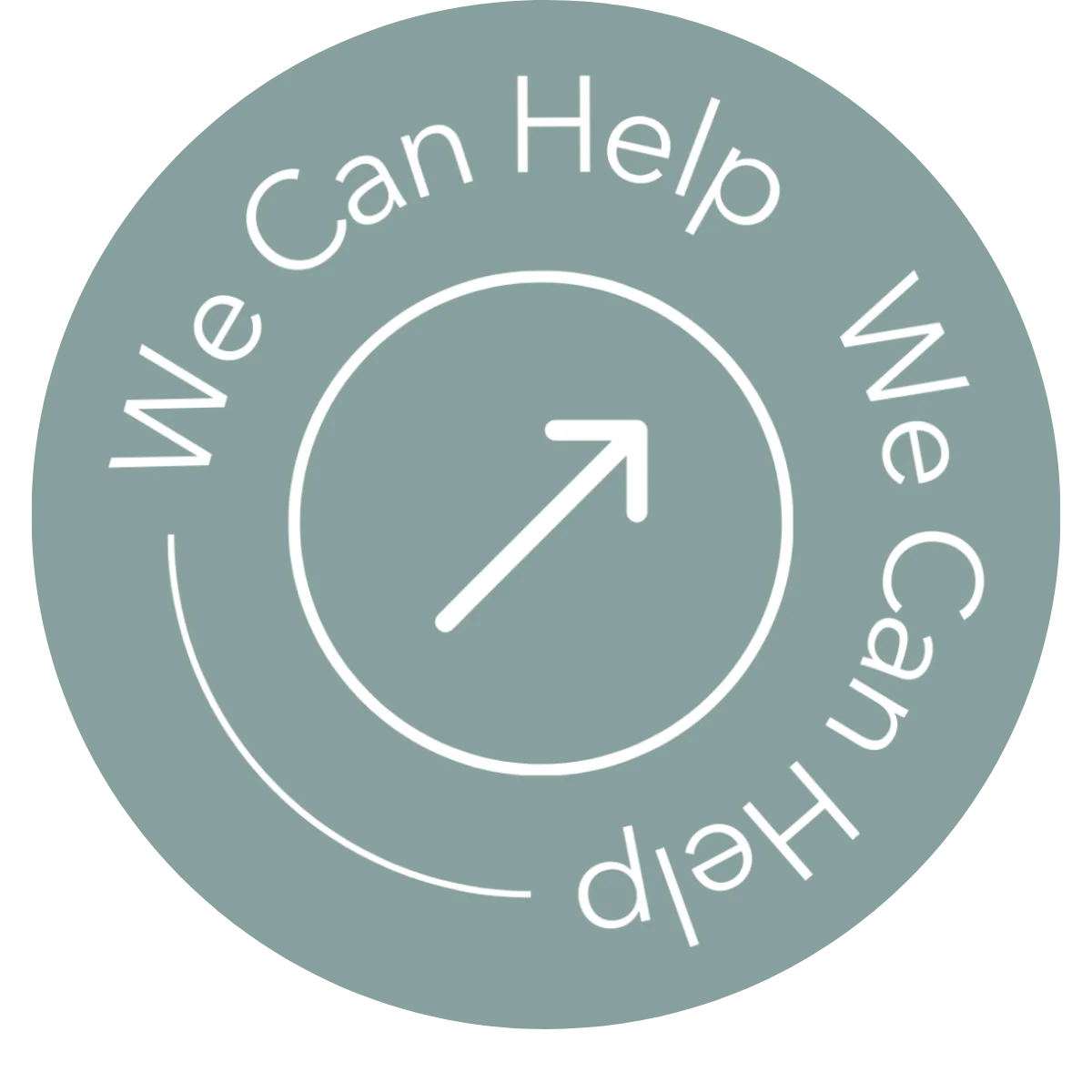How to Find an Intensive Outpatient Program for Substance Abuse Near Me
Read on to learn what substance use disorder is and explore essential steps to locating outpatient substance abuse treatment near you.
Introduction to Substance Use Disorder Treatment
Substance use disorder is prevalent in societies across the world, posing significant short- and long-term health risks. Despite this, many individuals with substance use disorder fail to seek appropriate help. This is where outpatient substance abuse treatment can help.
Multiple other forms of treatment exist for substance use disorder, such as inpatient treatment. However, outpatient care is helpful for many reasons.

Why Do Some People Struggle to Find Treatment?
For some individuals, not seeking appropriate treatment is mainly due to the stigma associated with substance use disorder. However, most other people don’t seek help because they don’t know how to do so. Navigating the path to recovery can feel overwhelming, but it is possible with the right help.
Outpatient substance abuse treatment is one such way for individuals to heal from the symptoms of addiction. Depending on the symptoms one is experiencing, the length and severity of addiction, and their personal history, this treatment will vary from person to person.
What Is Substance Use Disorder?
Substance use disorder (SUD) is a complex condition characterized by the compulsive use of one or more substances. The substances that individuals use may include alcohol, illicit drugs, or prescription medications.
The American Psychiatric Association’s Diagnostic and Statistical Manual of Mental Disorders, Fifth Edition (DSM-5) provides criteria to diagnose substance use disorders.
- Taking the substance in larger amounts or for longer than intended
- The desire to cut down or unsuccessful efforts to control substance use
- Spending much time getting, using, or recovering from the substance
- Experiencing cravings, or a strong desire or urge to use the substance
- Failing to fulfill major roles at work, school, or home due to substance use
- Continuing to use the substance despite social or interpersonal problems caused or worsened by the substance
- Giving up or reducing important activities because of substance use
- Using substances in situations where it’s physically hazardous
- Developing a tolerance, meaning needing more of the substance to achieve the desired effect or noticing less effect when using the usual amount
- Experiencing withdrawal symptoms or using the substance to relieve or avoid withdrawal symptoms
The Severity of Substance Use Disorders
It’s crucial to understand that substance use disorders occur with varying severity. Usually, the seriousness of a SUD depends on the number of DSM-5 criteria it meets.
The classification is as follows:
- Mild: 2-3 criteria.
- Moderate: 4-5 criteria.
- Severe: 6 or more criteria.
Contrary to common misconceptions, having a substance use disorder is not a moral failing or due to a lack of willpower. This is because substance use disorders are medical conditions that can have a devastating impact without proper medical intervention.
The Impact of a Substance Use Disorder
The impacts of substance use disorder on health and well-being can be grouped into short and long-term impacts. These impacts range from physiological to social, and some are even economic. Let’s take a closer look at these effects.
Short-Term Impacts of Substance Use Disorder
- Impaired Judgment and Coordination: Many substances can affect cognitive functioning and motor skills. Therefore, SUD increases the risk of accidents, falls, and other injuries.
- Overdose: Taking a large amount or a potent form of a substance can lead to overdose, which can be life-threatening. Symptoms can vary depending on the substance but may include difficulty breathing, unconsciousness, seizures, and more.
- Mental Health Effects: Individuals might experience increased anxiety, paranoia, hallucinations, or aggressive behaviors while taking substances.
- Physical Effects: This can include nausea, increased heart rate, high or low blood pressure, dizziness, and respiratory issues.
- Risky Behavior: SUD can also cause impaired judgment, which might lead to unsafe activities. This includes activities like unprotected sex or risky driving.
- Legal Issues: Possession or distribution of certain substances can lead to arrest and legal consequences.
- Financial Strain: Spending significant money acquiring substances can lead to potential debt. It can also result in an inability to manage financial responsibilities.
Long-Term Impacts of Substance Use Disorder
These long-term effects may include the following:
- Physical Health Issues: Chronic SUD can lead to various health issues, including liver disease, respiratory problems, and cardiovascular disease.
- Mental Health Disorders: Continued substance use can increase the risk of mental health disorders like depression, anxiety, and schizophrenia.
- Cognitive Decline: Some substances can lead to persistent cognitive impairments. This is because they directly or indirectly affect memory, attention, and decision-making.
- Social and Economic Impact: This includes strained relationships with family and friends, job loss, homelessness, and financial hardships.
- Decreased Quality of Life: Chronic SUD can lead to reduced life satisfaction, missed opportunities, and a lower overall quality of life.
- Premature Death: Chronic SUD also has a higher risk of early mortality. This may be due to overdose, accidents while under the influence, or health complications arising from prolonged substance use.
Early detection and treatment of substance use disorder can potentially reduce or reverse some of these impacts. There are many treatment options for SUD. However, one with a reputation for being very beneficial is outpatient substance abuse treatment.
How To Find an Appropriate Outpatient Substance Abuse Treatment Program
Finding the right outpatient substance abuse treatment program can be overwhelming, as there are so many options to choose from. Are you looking for outpatient substance abuse treatment?
Here are some critical steps to help you locate an appropriate outpatient substance abuse treatment in your area:
Research Online
Start by conducting a thorough online search for outpatient substance abuse treatment programs in your region. Many treatment centers maintain websites that provide detailed information about their services, approach, and staff. You should be able to locate a few choices in your area easily.
Consult Your Primary Care Physician
Your doctor can be a great resource in directing you toward reputable outpatient substance abuse treatment programs. They often have a list of recommended outpatient substance abuse treatment facilities they trust.
Contact Local Mental Health Clinics
These clinics often collaborate with substance abuse treatment centers, so they can provide you with contacts or direct referrals.
Check With Your Insurance
If you intend to pay for outpatient substance abuse treatment with insurance, then you should contact your health insurance. Insurance firms usually have specific treatment programs they cover. Your insurance provider should be able to give you a list of approved outpatient treatment facilities.
Visit Potential Centers
Once you have narrowed your choices to a few options, it’s a good idea to visit the top contenders. This allows you to get a feel for the environment, meet the staff, and ask about their approach to outpatient substance abuse treatment.
It will also help you determine if that particular treatment center is the right fit for you.
Ask About Treatment Modalities
You’ll want to ask about their treatment modalities during your visit to your potential outpatient substance abuse treatment programs. This is essential because it will help you know if you’re getting the latest and best treatment available.
Seek Recommendations
You may also speak to friends, family, or acquaintances who might have experience with outpatient substance abuse treatment. Their first-hand experiences can provide valuable insights into suitable outpatient substance abuse treatment programs.
Verify Licensing and Accreditation
Finally, you should also ensure the outpatient substance abuse treatment center is licensed by the state and accredited by recognized organizations. This ensures that your substance abuse treatment is up to the right professional standards.
Remember, finding the right outpatient substance abuse treatment program is a pivotal step in recovery. So take your time, ask questions, and prioritize your health and well-being throughout the journey.
Types of Therapy In an Outpatient Substance Abuse Treatment Program
Treating substance abuse can be complex, so several treatment modalities are generally used. Some common types of therapy utilized in outpatient care include:
Cognitive-Behavioral Therapy (CBT)
This is one of the most commonly used therapies for SUD. CBT helps people recognize and challenge negative thought patterns and behaviors related to substance use. It also provides tools and strategies to cope with risks and avoid relapse.
Motivational Interviewing (MI)
Dialectical Behavior Therapy (DBT)
DBT was initially developed for treating borderline personality disorder. Currently, however, it has been adapted for substance abuse treatment. DBT focuses on skill-building in areas like emotion regulation, distress tolerance, mindfulness, and interpersonal effectiveness.
Family Therapy
Substance use disorder often affects more than just the individual. Family therapy involves family members in the treatment process. This helps to address dysfunctional family dynamics and improve communication.
Relapse Prevention
This is crucial in outpatient settings. It equips individuals with strategies to identify risk factors and cope with cravings. It also allows them to implement techniques to prevent a return to substance use.
Dual Diagnosis Treatment
For individuals with co-occurring mental health disorders, such as depression or anxiety, it’s essential to address both the substance use and the mental health condition. Dual diagnosis treatment ensures a comprehensive approach to both issues.
Medication-Assisted Treatment (MAT)
Some outpatient programs incorporate medications as a part of treatment. Examples of these medications include methadone, buprenorphine, or naltrexone for opioid use disorders. Additionally, medications like disulfiram or acamprosate can be used for alcohol use disorders.
Holistic Approaches
Some programs also offer complementary therapies like sand play therapy and yoga, which can benefit the overall well-being and recovery process.
Vocational Training & Support
This is an essential aspect for many in recovery. This therapy modality offers skills training, job placement assistance, and other vocational support to help people reintegrate into the workforce and regain independence.
Motivational Enhancement (ME)
This therapy is an adaptation of MI. It is specifically designed to evoke rapid and internally motivated change.
ME usually begins with an initial assessment, followed by feedback sessions where the therapist helps clients understand the implications of substance use and motivates them toward positive change.

Get Effective Outpatient Substance Abuse Treatment at Ethos Wellness
Are you or your loved one searching for quality outpatient substance abuse treatment that genuinely puts your needs first? If you do and you stay or are able to travel to Texas or Chicago, then Ethos Wellness is here to help.
At Ethos Wellness, we firmly believe that no matter where you are, there’s always a path forward. Allow us to illuminate the way to your recovery.
What We Provide
Our serene healing centers offer compassionate outpatient therapy for navigating emotions, processing life transitions, and exploring the self, especially in relation to substance use disorders.
We understand that no two substance use disorder cases are the same, and as such, we offer individualized treatment plans that are tailored to your specific needs.
At Ethos Wellness, your recovery is entrusted to some of the most knowledgeable and compassionate substance abuse experts with the depth of experience to shepherd you toward a triumphant healing journey.
What We Treat
Some substances we offer outpatient substance abuse treatment for include:
- Alcohol
- Alprazolam / Xanax
- Amphetamine
- Ativan
- Barbiturates
- Benzodiazepines
- Codeine
- Dilaudid/ hydromorphone
- Demerol
- Fentanyl
- Heroin
- Ketamine
- Marijuana
- Vicodin
Our commitment to you doesn’t conclude post-treatment. We also provide excellent drug rehab aftercare services that ensure you remain drug-free in your new chapter of life.
Financial Accessibility
We understand that quality outpatient substance abuse treatment is expensive, and not everyone can easily afford it.
This is why we accept insurance coverage from many reputable providers, including Aetna, Blue Cross Blue Shield, Cigna/Evernorth, Magellan Healthcare, and United Healthcare. Our goal is to make recovery attainable for all.
Get in Touch Today
Ethos Wellness has a principle-driven approach that has been effective in helping many people recover from substance use disorder. We can do the same for you.
Contact us today, and let’s work with you to achieve that substance abuse-free future you see for yourself.
Resources
- https://www.verywellmind.com/dsm-5-criteria-for-substance-use-disorders-21926
- https://www.medicalnewstoday.com/articles/effects-of-drug-abuse#Physical-effects-of-drug-misuse
- https://www.racgp.org.au/afp/2012/september/motivational-interviewing-techniques#:~:text=Motivational%20interviewing%20is%20a%20counselling,empathy%3B%20and%20Empower%20the%20patient.
- https://www.samhsa.gov/medications-substance-use-disorders


